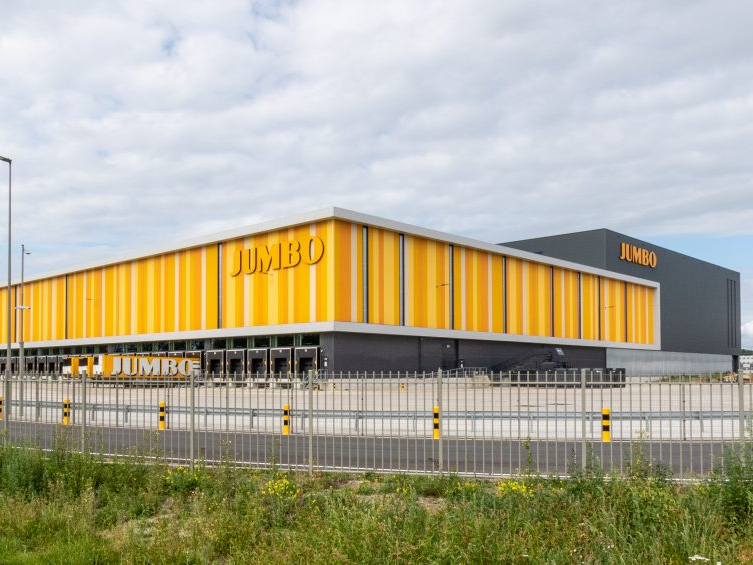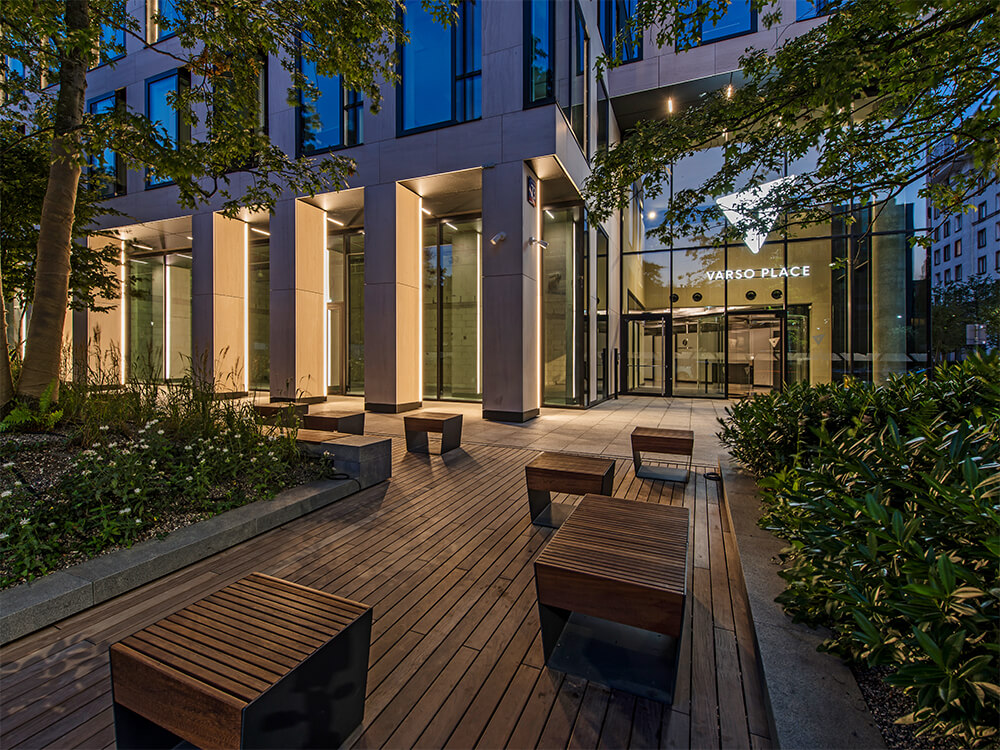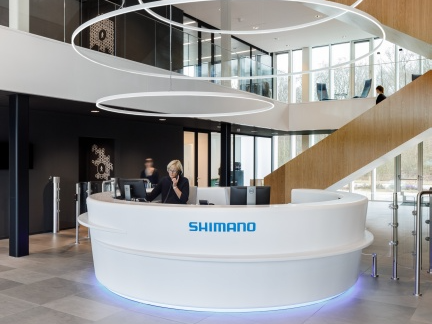Chris van Veldhuizen, Commissioning Manager at Adamasgroup:
“Many common issues I encounter in the field are based on ignorance about which techniques are interesting to apply now. Especially if one wants to develop affordably in addition to sustainably.”
The answers you get depend on the experience of the party to whom the question is asked. An installer with experience in water-lined systems is more likely to mention a gas boiler as a solution. While the advice of a consultant – with a long-term view – labels gas as being finite and therefore unsustainable. But what does this actually mean in practice? A conscious choice depends on your objectives. What is important to you as an organization?
- A low energy bill
- High comfort requirements
- The investment costs and subsidy possibilities
- The use and controllability
- Low maintenance frequency and/or costs
- The CO2 emissions
- A long-term vision for your organization
Based on your objectives, it is possible to provide your organization with advice. This is because the topics listed may be important to you to varying degrees. It is important for your organization to list what is important in the long term. Below are a number of aspects for your consideration, in the choice of a gas or electricity installation system.
Compared to an electrical installation, a gas installation is at first glance more financially attractive when there is a high power demand. Both in terms of purchase and efficiency. In addition, the boiler provides security to deliver good power at lower temperatures. For example, below 4°C there is a clear drop in efficiency for heat pumps. These have to work hard to meet the desired heat demand in these conditions, which leads to more energy consumption. However, this is not the full story. There are now attractive subsidy schemes for sustainable technologies that can reduce the difference in purchase price. In addition, the forecasts – from the KNMI and others – show that the Netherlands is facing fewer cold days and the purchase price of fossil fuels is on the rise. This increase in price does not apply to electricity, the opposite is even true. If you own or plan to buy solar panels, combining them with a heat pump is a logical and responsible solution. This way, your heat pump can run on the locally generated and renewable energy.
In addition, comfort is an important aspect in choosing a type of building installation. Because say honestly, who doesn’t like to snuggle up against the heating in the winter months. This is due to radiant heat from traditional radiators. A tip of the hat: this is possible with both gas and electricity heat pump systems. For this you do not have to make any concessions.
Finally, maintenance and service costs: the service life of a heat pump is generally considerably longer than that of a gas boiler. On the other hand, the maintenance intervals are more costly due to the high requirements set by the Commodities Act (Warenwetbesluit drukapparatuur). This means that a long-term assessment at project level is required to weigh up the options.
In short, a choice of technology and application is not simply made on the basis of a simple assumption that only the method of generation is decisive. Multiple aspects must be considered. Using various methods – such as a life cycle cost analysis – relevant insights into these aspects can be gained. These methods not only provide more insight into what sustainable systems really are, but also provide the necessary arguments for a conscious and long-term choice.
Want to know more about, for example, controllability and subsidy possibilities of different installation systems? Please contact Adamasgroup. Our departments Commissioning, and Engineering and installation concepts, can help you further with questions about building-related installations.





